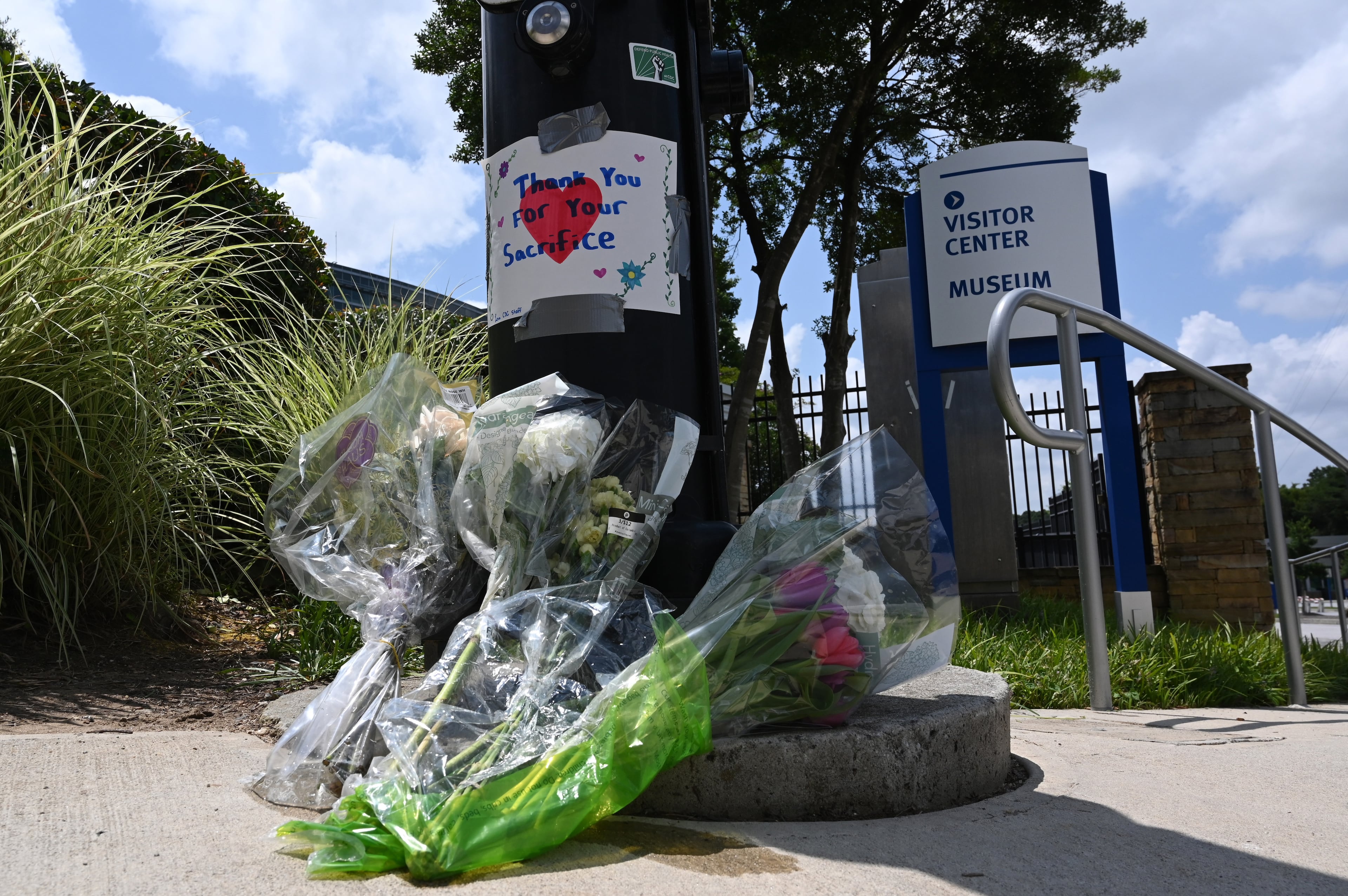Even a few sips of alcohol can increase Afib risk
Atrial fibrillation is a quivering or irregular heartbeat that can lead to blood clots, stroke, heart failure and other heart-related complications. At least 2.7 million Americans are living with AFib, according to the American Heart Association.
Now, a new study finds even small amounts of alcohol each day can increase a person’s risk of Afib.
This increased risk was seen with just one daily drink containing 12g of ethanol, whether the drink was 120 mL of wine (four-fifths of a standard glass), 330 mL of beer (nearly a can), or 40 mL of spirits (about a shot), according to researchers at the University Heart & Vascular Center in Hamburg, Germany.
Even as little as 2g a day was associated with Afib risk over the 14 year study, the researchers found.
“Our large community-based study clearly shows that low alcohol consumption is already associated with increased risk of incident Afib. We observed a non-linearly increasing relationship between alcohol consumption and incident Afib, independent of common confounders,” Dr. Renate Schnabel and his colleagues wrote.
The study, which was published Wednesday in European Heart Journal, included five community-based cohorts from Europe with 107,845 participants. After eliminating individuals with a history of Afib, the study was reduced to 100,092 subjects.
Average alcohol consumption was assessed in gram per day and categorized according to the World Health Organization average volume drinking categories. Participants were asked how often they consumed beer, wine and spirits, as well as the drinking pattern.
Over the study’s 14 years, 5,854 people developed Afib, according to questionnaires and hospital records.
The researchers acknowledged the study’s reliance on self-reporting was a limitation.
“Together with a recent randomized trial showing that a reduction in alcohol intake led to a reduction in Afib recurrence, these data suggest that lowering alcohol consumption may be important for both prevention and management of Afib,” Drs. Jorge Wong and David Conen, both of McMaster University’s Population Health Research Institute in Hamilton, Ontario, wrote in an accompanying editorial.



